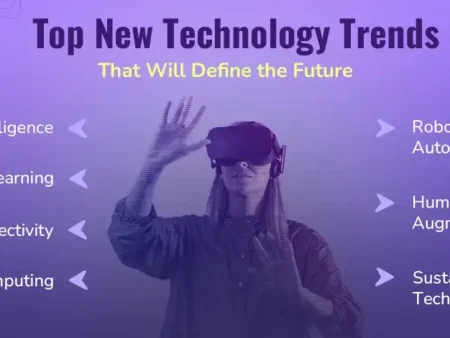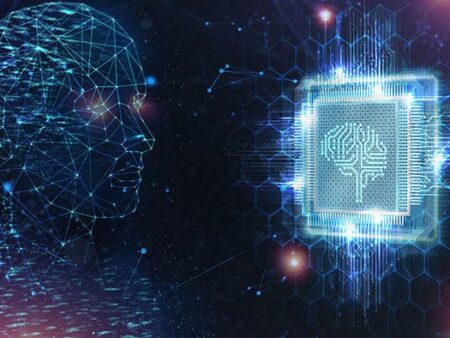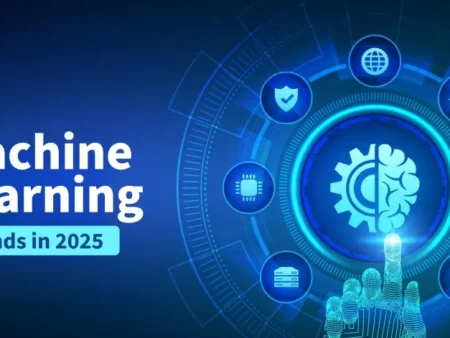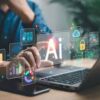In 2025, technology is expected to advance rapidly across multiple domains, with trends such as agentic AI, spatial computing, and hybrid systems taking center stage. AI governance, climate tech, and post-quantum security are becoming critical focus areas for responsible innovation and sustainable growth. Businesses are also leveraging generative AI, immersive experiences, and multifunctional robots to enhance productivity and efficiency. As data becomes more strategic and cyber threats more complex, organizations must adopt smarter, secure, and scalable solutions to stay competitive in a fast-evolving digital landscape.
Technology trends that will revolutionize 2025
As the pace of digital transformation accelerates, 2025 is poised to be a watershed year for emerging technologies. Innovations spanning across artificial intelligence, hybrid and spatial computing, robotics, and data security are set to redefine how businesses operate and how humans and machines interact.

Here are the pivotal technology trends expected to shape the year:
- Agentic AI
Autonomous or semi-autonomous AI systems capable of sensing environments, planning, using tools, and making decisions independently. Expected to significantly boost productivity and aid in complex technical initiatives. - AI Governance Platforms
Tools designed to ensure responsible deployment of AI, maintaining transparency, fairness, and adherence to compliance standards across its lifecycle. - Quantum Foundations & Security
While quantum computing matures, it poses risks to existing cryptography. Emphasis is increasing on post-quantum cryptography to safeguard sensitive data against emerging threats. - Climate Technology
Eco-focused advancements—such as energy-efficient computing, carbon capture, and intelligent energy management—are accelerating. These solutions aim to reduce carbon footprints and lower operational costs. - Human‑Machine Intelligence Convergence
Generative AI and digital “humans” are blurring lines between human and machine interaction. These models enhance productivity and decision-making and are expected to reshape how businesses engage with users. - Hybrid Computing
Integrating diverse computing technologies—including GPUs, edge devices, neuromorphic systems, and quantum architectures—to address complex computational tasks efficiently, securely, and at scale. - Spatial Computing
Enhanced immersive experiences powered by AR, VR, mixed reality, and AI—fuelled by 5G and advanced devices—are making realistic digital interactions mainstream in gaming, collaboration, and e-commerce. - Multifunctional Robots
Flexible robotic systems capable of performing multiple tasks—from logistics and healthcare delivery to maintenance in dangerous environments—are becoming increasingly valuable amid rising labor costs. - The Value of Data
The strategic use of data remains vital. However, many firms face challenges like data quality, governance, and integration—particularly in generative AI projects. Companies prioritizing data-driven strategies will gain competitive advantage. - Global Cybersecurity
With increasing cyberattacks targeting critical infrastructure, the urgency to invest in cybersecurity—and foster collaboration between states and businesses—has never been higher. AI will play a dual role in bolstering defense and being exploited by threat actors.
















